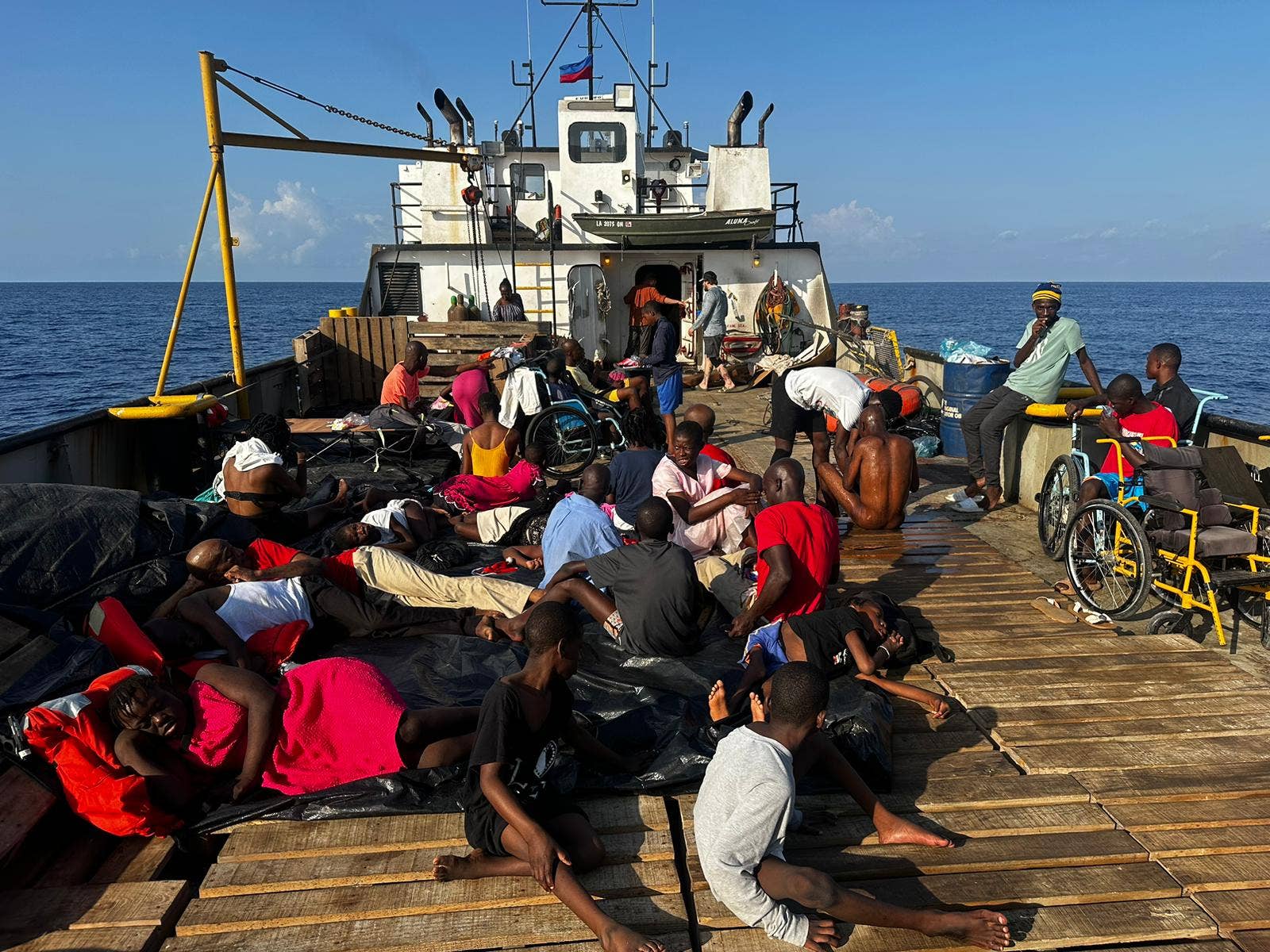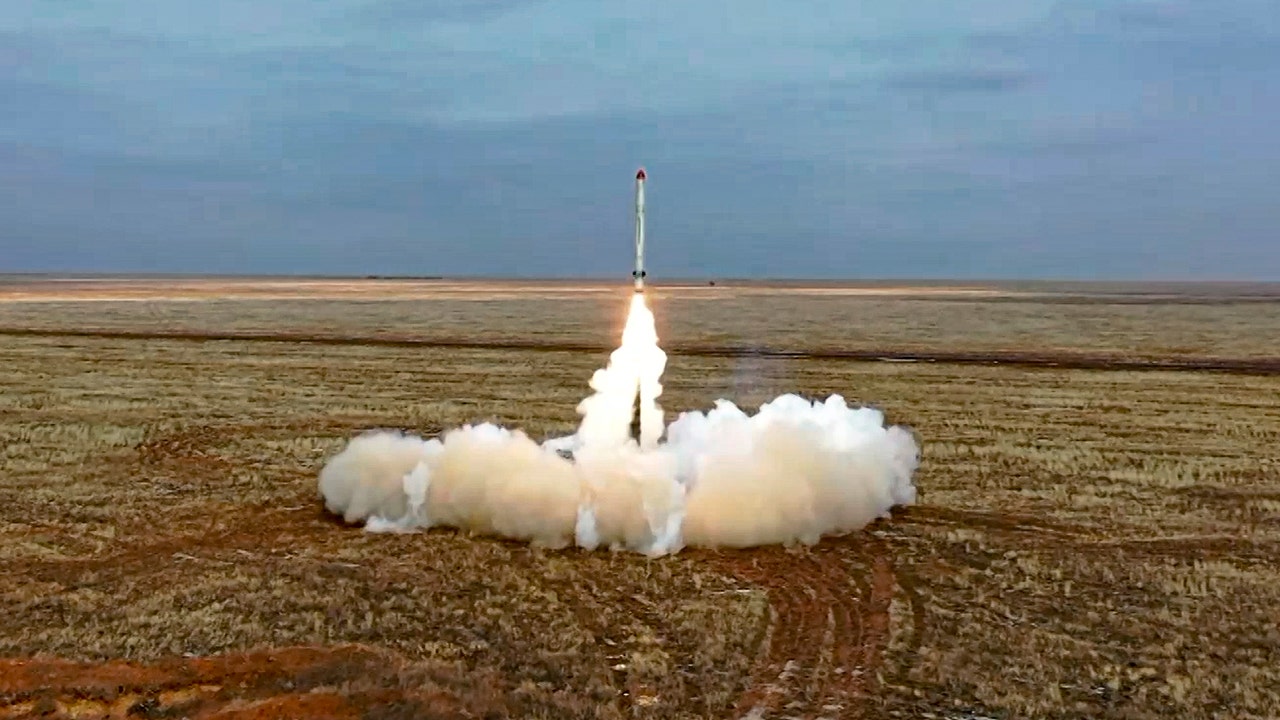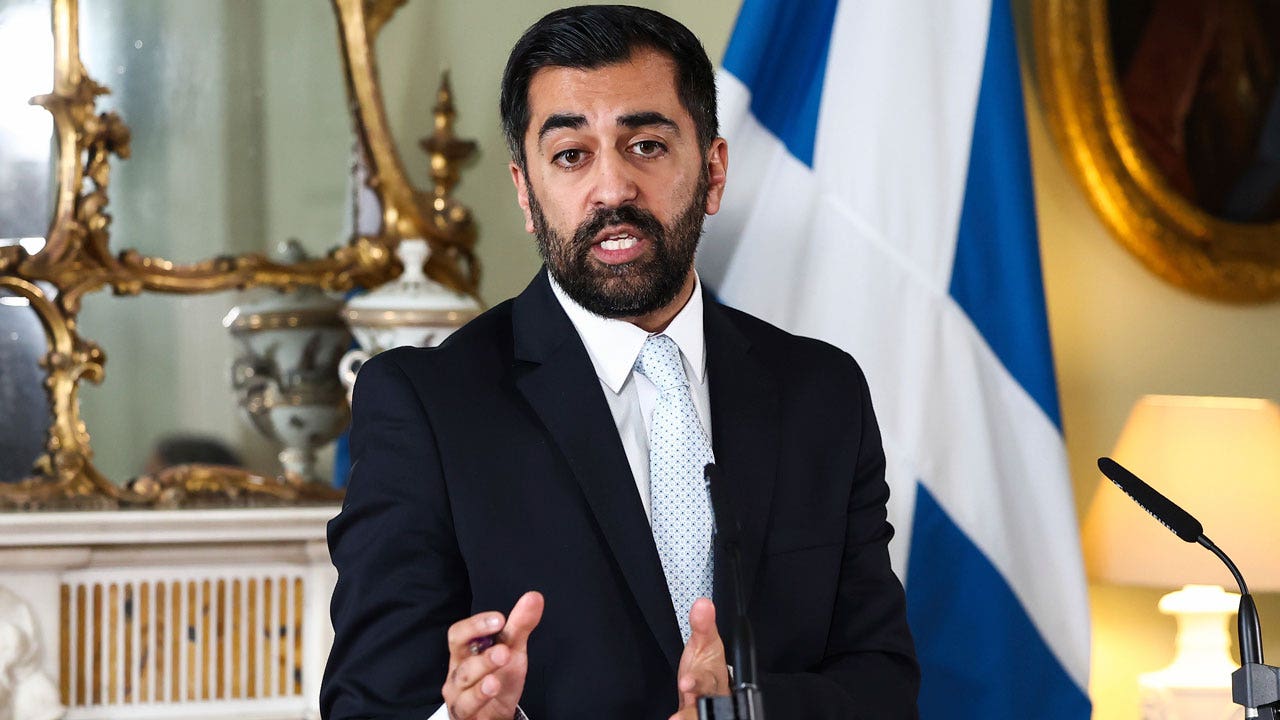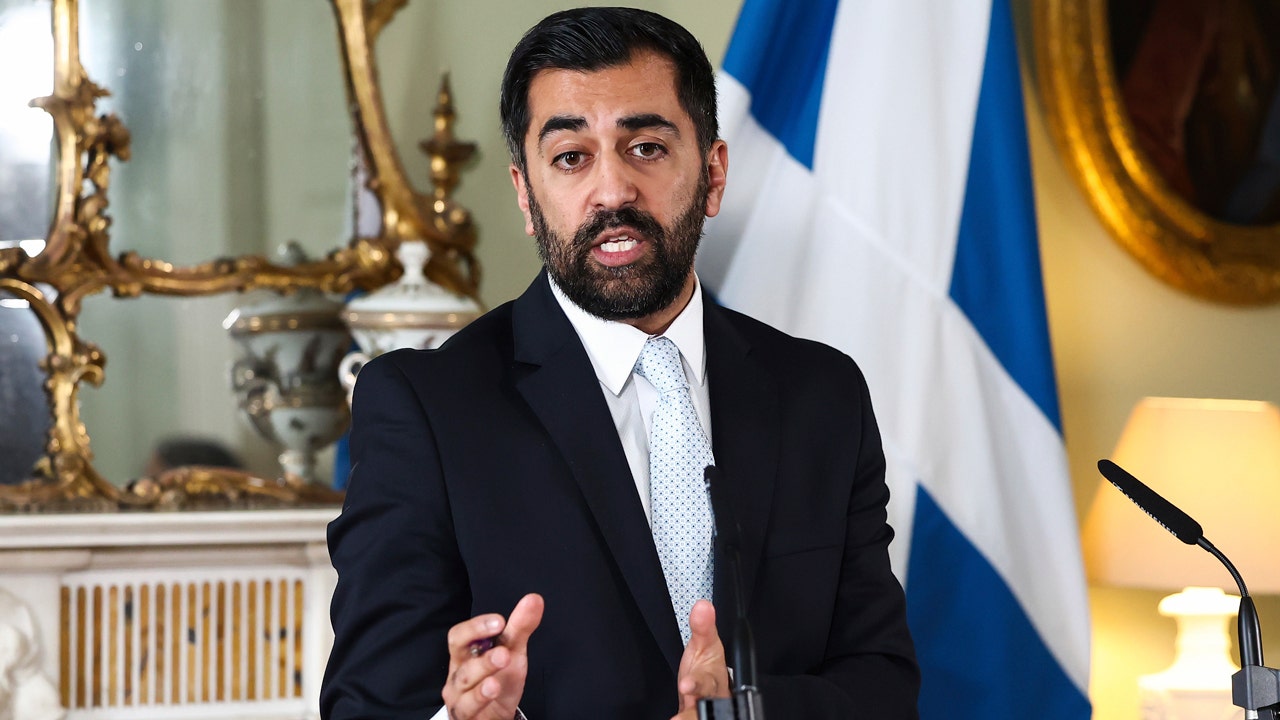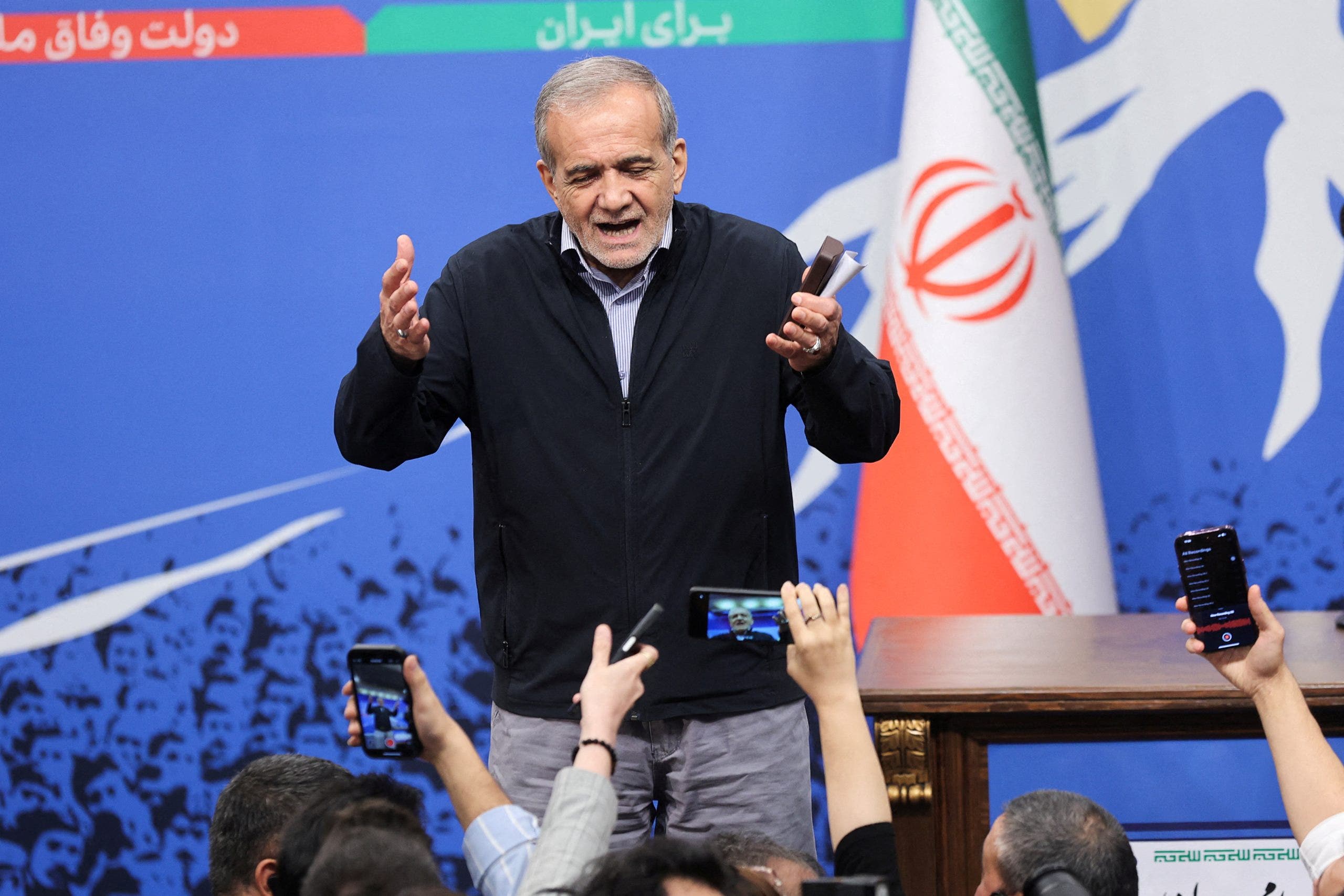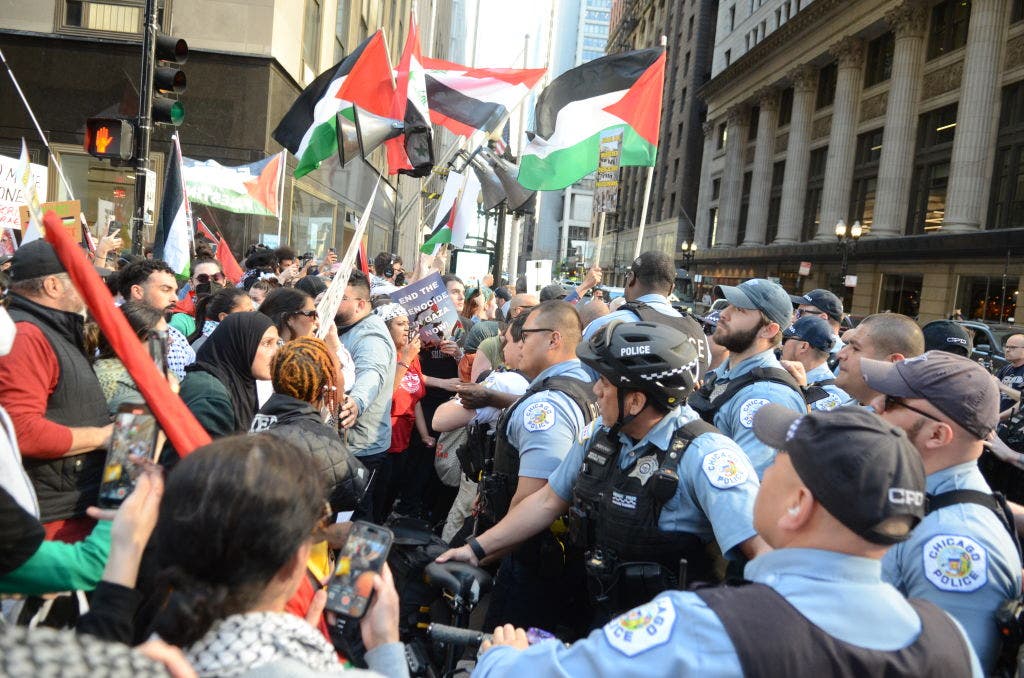Football legend Tim Tebow and his foundation teamed up with a nonprofit team of veteran commandos to evacuate dozens of orphans with disabilities from Haiti, but thousands remain trapped in the troubled island nation.
The operation comes as the beleaguered nation faces danger and famine following the release by gangs of thousands of prisoners and the sudden resignation of the prime minister. Tebow, long renowned for his charity work in troubled nations, worked with the Sentinel Foundation, which helped evacuate Americans from Afghanistan in 2021, to get the kids to safety in Jamaica.
“Today we are so deeply grateful,” an official of the Tim Tebow Foundation, who gave only the name Steve, said of the operation. “We want to express our deep gratitude to the Jamaican Ministries of Health and Jamaican National Security and Foreign Affairs for accepting 59 children from Haiti who are severely disabled and are now relocated from danger into a safe, secure new community.”
The group also credited the state of Florida, where Tebow starred for University of Florida in the early 2000s, and Rep. Cory Mills, R-Fla.
The two foundations joined forces to provide operational support and funding, with guidance from Mills, who has staged two other rescue operations from Haiti as the country’s crime crisis remains severe.
WHITE HOUSE SAYS US CITIZENS TOLD NOT TO TRAVEL TO HAITI, BUT AMERICANS ARGUE AIRPORT, EMBASSY REMAINED OPEN
“I’m always happy to offer my support and resources to groups like this; they’re not just allies, they’re brothers,” Mills said of his cooperation with the foundations. “Their mission to bring vulnerable people home is one I wholeheartedly endorse.”
The changing conditions made it difficult to plan an operation that used land, air and sea methods, Austin Holmes, Operations officer at Sentinel, told Fox News Digital.
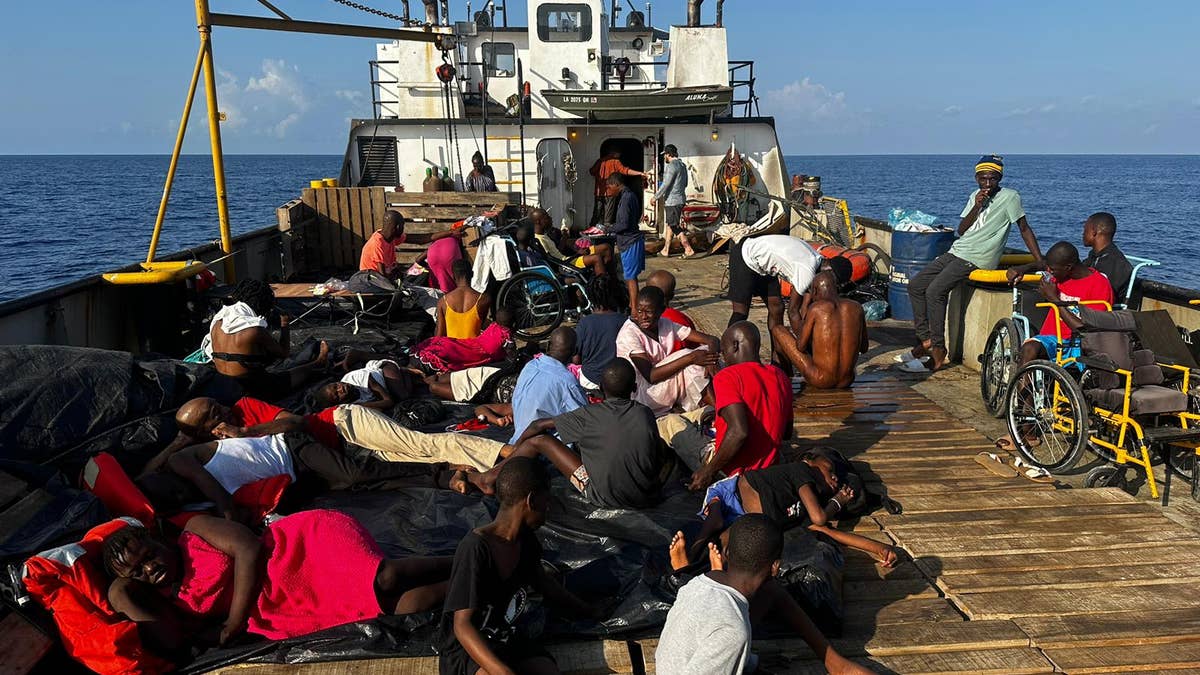
One of the main staging areas for many of the 59 handicapped as they were bathed by caregivers. (The Sentinel Foundation)
“The largest obstacle in our mission was probably the rapidly changing and tightening restrictions from the U.S. and host nations like the Dominican Republic,” Austin Holmes, operations officer at Sentinel, said of the operation.
“We understand they are seeking to protect, but when you effectively cut out the private sector, who is significantly quicker and often more entrepreneurial in their response and capabilities, you limit the level of care and reduce the number of people served,” Holmes added. “This remains a major obstacle in the humanitarian crisis facing Haiti.”
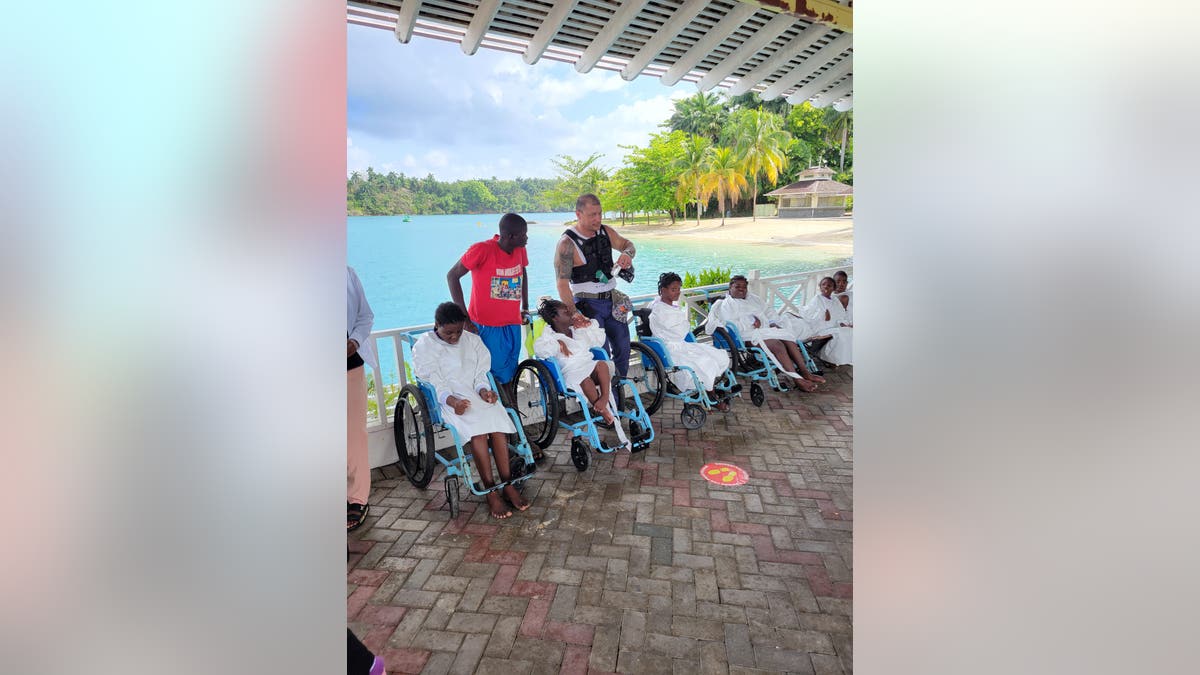
Myles Humphus and disabled patients as they were being processed by the Ministry of Health in Jamaica. (The Sentinel Foundation)
That means still getting a green light from the non-existent Haitian government in order to satisfy U.S. diplomatic requirements, Holmes explained.
“Even though there isn’t a Haitian government, there’s still paperwork associated with Haiti that the American government requires us to have,” he said.
SUSPECTED HAITI GANG MEMBERS KILLED, SET ON FIRE IN APPARENT ACT OF VIGILANTE JUSTICE: REPORT
The crime situation in Haiti escalated sharply after Ariel Henry resigned from his role as acting prime minister earlier this month, caving to the demands of the gangs that have increasingly taken control of the country.
Tebow, who won two national championships and a Heisman trophy while at University of Florida, went on to a three-year career as a quarterback in the NFL, primarily with the Denver Broncos. Throughout his career, the devout Christian has remained active in various charities, including fighting child trafficking, helping children with special needs and helping to build health care facilities in poor countries. In 2022, he released a book, “Mission Possible,” about his humanitarian work.
Tebow’s group approached Sentinel and alerted them to the situation, and Sentinel put everything it had into getting the 59 children out of the country, despite having no idea where they might go after the Dominican Republic shut down some avenues of access and limited their options.
The Sentinel team made approaches by land, sea and air, helping to ferry the children out of the country. Sentinel already has at least five other operations planned for getting people out of Haiti, all building on the knowledge and experience gained from their latest rescue, as well as their broad experience with rescue operations.
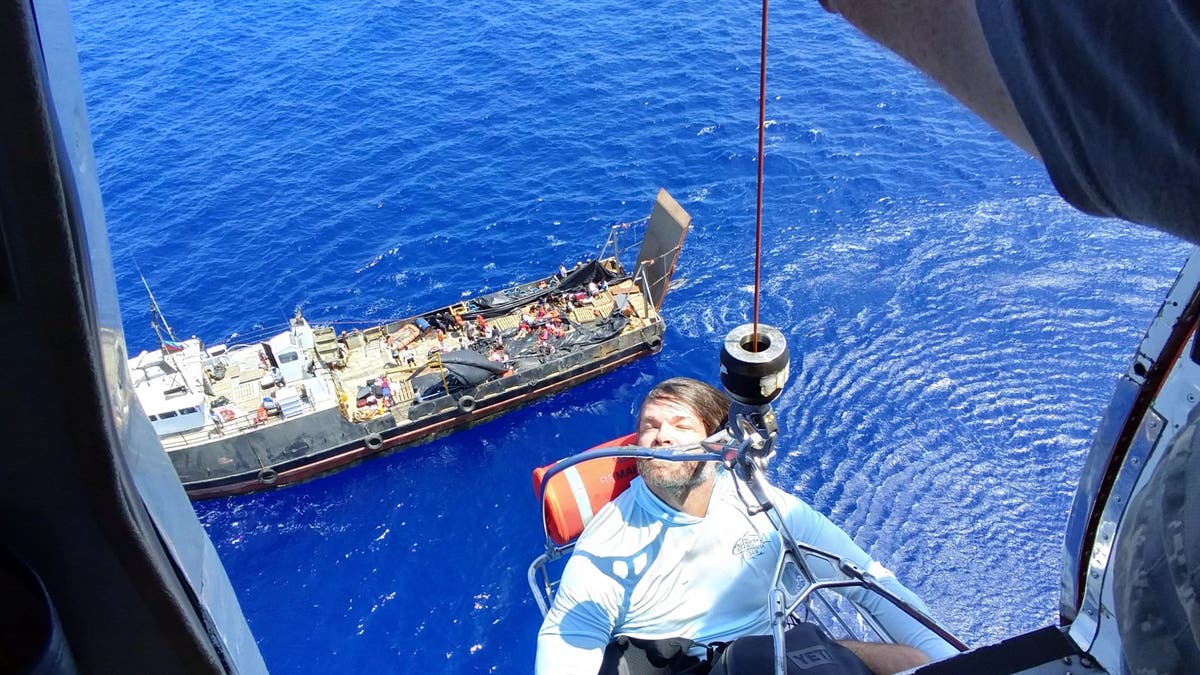
The second half of the team as they worked to intercept the vessel en route to pick up Haitian passengers.
Members of the Sentinel team have worked on rescue operations in foreign crises, including rescues from Afghanistan during the U.S. military drawdown from Afghanistan. They had to rely on their experience more than in other cases due to the fluid nature of the operation, which prevented the team from staging any practice drills ahead of the rescue itself.
“I would say that we had absolutely zero dry runs done, and we have guys that are trained that do this on a regular basis, or have done in the military, or at least open up on what we need them to be spun up on, whether it be swimming, medical or just general operators,” a Sentinel member named TJ told Fox News Digital.
AMERICAN FAMILY IN HAITI DESCRIBES ‘WAR ZONE,’ BELIEVES IT WILL FALL TO GANGS IN A WEEK
“But we didn’t know how we were going to do in the field until we did it,” he said.
The U.S. State Department also evacuated at least 30 Americans from the island nation on a government-chartered flight earlier this week after delays to taking action as the crisis initially grew worse. An official told Fox News the number might have been as high as 47.
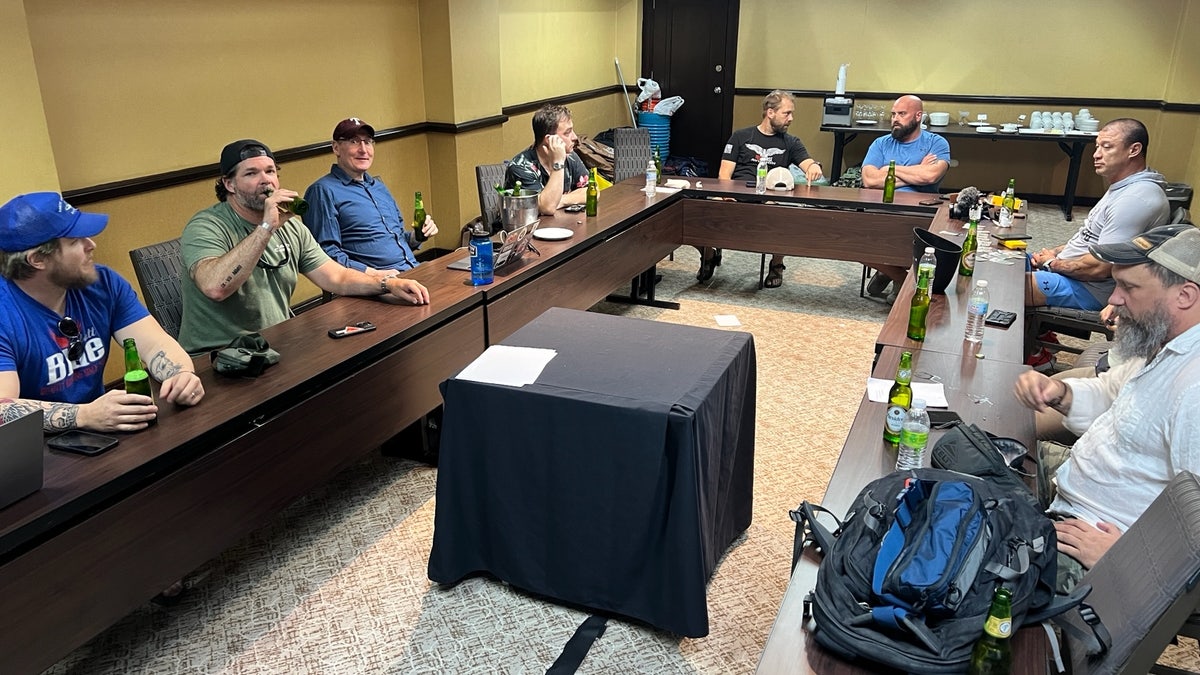
The team as they actively worked through dozens of solutions to enter into Haiti as borders were shut down and restrictions tightened around Haiti. (The Sentinel Foundation)
The U.S. government went on to help over 230 U.S. citizens evacuate from Haiti over the following week
“We will continue to monitor demand from U.S. citizens for assistance in departing Haiti on a real-time basis,” the State Department said in a statement, reiterating that Americans should not travel to Haiti.
The U.S. military last week flew in additional forces to bolster security and evacuate non-essential personnel at the U.S. Embassy in Haiti, which is located in a neighborhood largely controlled by gangs.
CLICK HERE TO GET THE FOX NEWS APP
“There’s 30,000 children in Haiti that belong to nonprofit organizations that are run by American citizens,” TJ said. “Most of them have no leadership there right now because everyone’s had to leave.”
“We were able to successfully evacuate 59 of those 30,000 kids. Of those 30,000, not all those kids have somewhere to go, and not all those kids have special needs, or are high risk,” he said. “We picked the most high-risk children that we could, that had the most likely chance of success and went with it, because I’d rather rescue some than none.”
